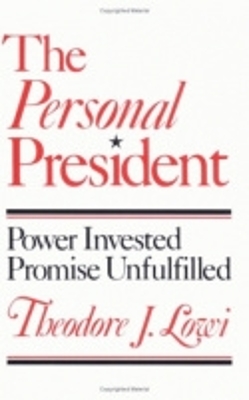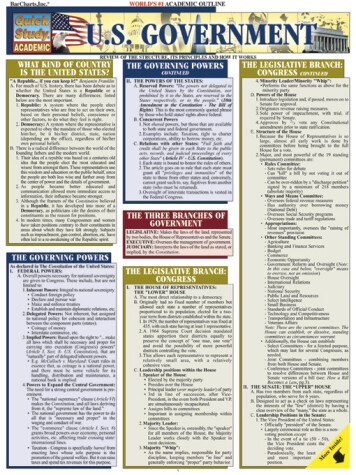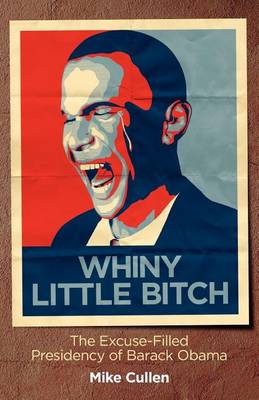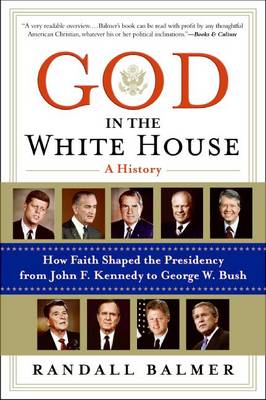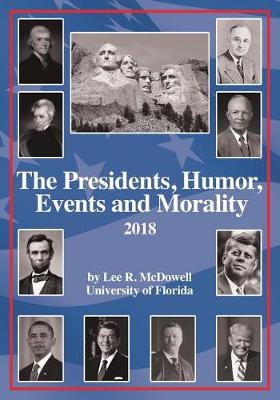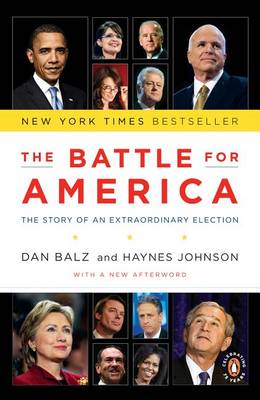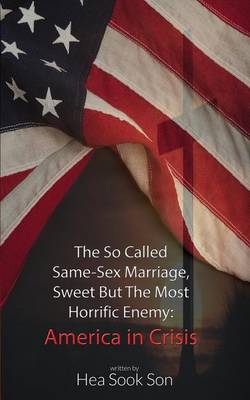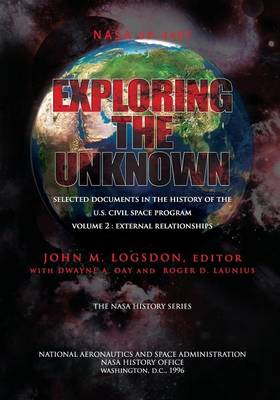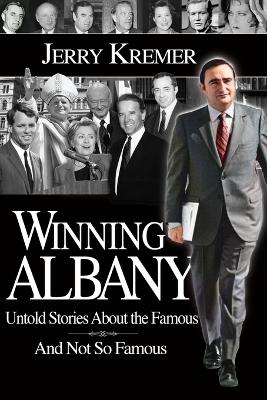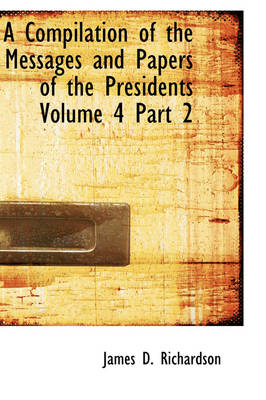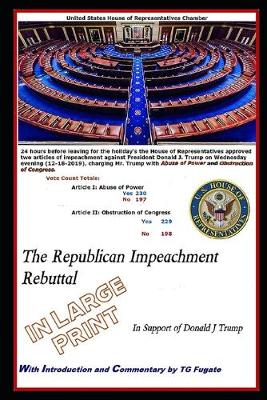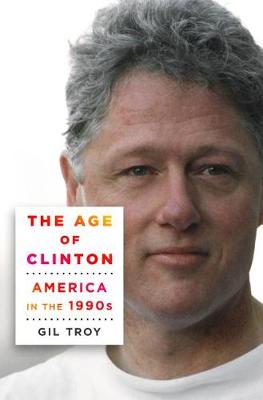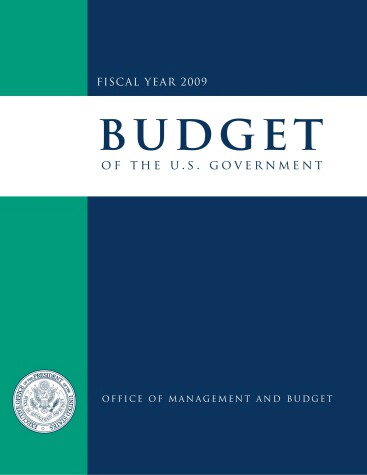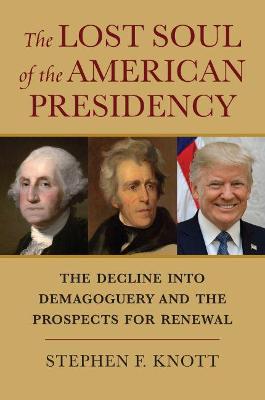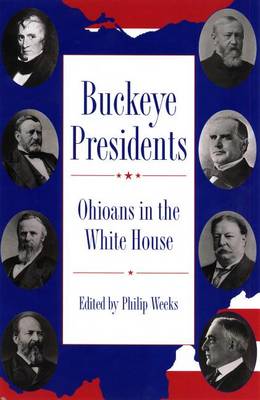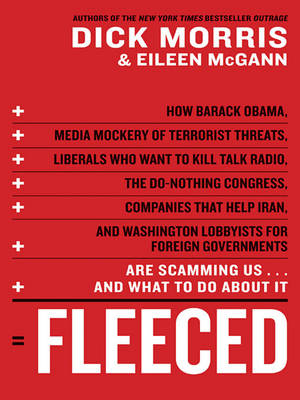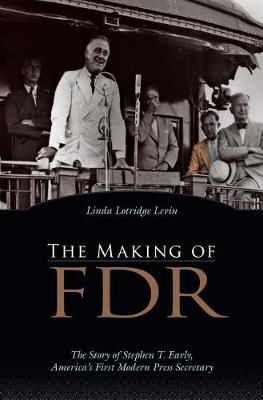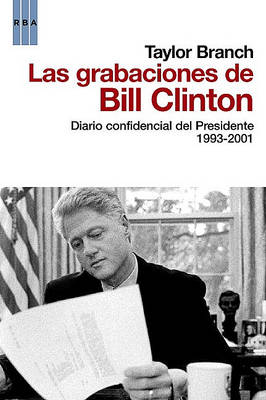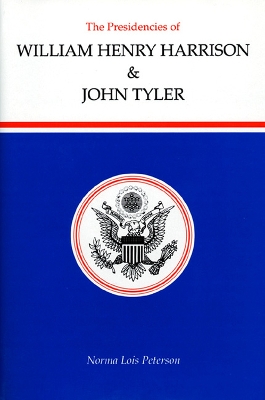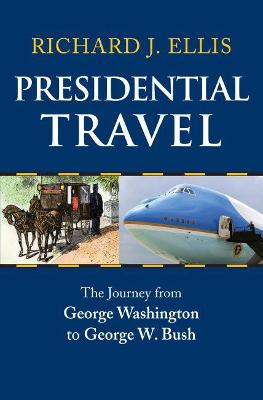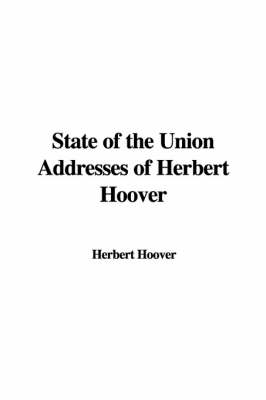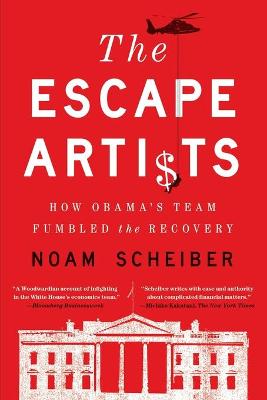Looks at how the office of the presidency has changed, argues that the president has become too central to national politics, and suggests ways to restore the constitutional balance.
The So Called Same-Sex Marriage, Sweet But The Most Horrific Enemy
by Hea Sook Son
Exploring the Unknown - Selected Documents in the History of the U.S. Civilian Space Program Volume II
by Dwayne A. Day, Roger D. Launius, and John M. Logsdon
A Compilation of the Messages and Papers of the Presidents Volume 4 Part 2
by James D Richardson
The Republican Impeachment Rebuttal
by House of Representative On Intelligence
"The 1990s was a decade of extreme change. Seismic shifts in culture, politics, and technology radically altered the way Americans did business, expressed themselves, and thought about their role in the world. At the center of it all was Bill Clinton, the talented, charismatic, and flawed Baby Boomer president and his controversial, polarizing, but increasingly popular wife Hillary. Although it was in many ways a Democratic Gilded Age, the final decade of the twentieth century was also a time of...
Public Papers of the Presidents of the United States, Ronald Reagan, 1981, Book 1, January 20 to December 31, 1981
The American presidency is not what it once was. Nor, Stephen F. Knott contends, what it was meant to be. Taking on an issue as timely as Donald Trump's latest tweet and old as the American republic, the distinguished presidential scholar documents the devolution of the American presidency from the neutral, unifying office envisioned by the framers of the Constitution into the demagogic, partisan entity of our day. The presidency of popular consent, or the majoritarian presidency that we have t...
With sharp, detail-filled style Morris and McGann are sure to stir up controversy with the hard facts laid out in this book. From claims about the slave state of Dubai; secretly buying everything from MGM to the Queen Mary to credit card companies abuse; charging interest every way they can, Screen-Studios product; and, placing tobacco in PG films and outrageous corporate salaries: $249M for Capital One's CEO, $230M for Yahoo's - this book is sure to add fuel to the election fires.
Though practically unknown to the public today, Stephen T. Early was one of the most influential men in mid-twentieth-century America. As the press secretary of President Franklin D. Roosevelt, he was chiefly responsible for getting the president's message out to the press and he helped to shape Roosevelt's image in the eyes of Americans through the dramatic years of the Great Depression and World War II. It is no exaggeration to say that, had there been no Stephen Early, the presidency of Frank...
The Presidencies of William Henry Harrison and John Tyler (American Presidency)
by Norma Lois Peterson
Wearied by the hotly contested Log Cabin and Hard Cider campaign that unseated the Democratic incumbent, Martin Van Buren, Harrison succumbed to pneumonia after only one month in office, the first chief executive to die in the White House. His death precipitated a governmental crisis, which Vice President John Tyler promptly resolved--to the consternation of his Whig Party--by claiming the office and title of president, thus setting a precedent that only later was codified in the Twenty-fifth Am...
In office less than half a year, President George Washington undertook an arduous month-long tour of New England to promote his new government and to dispel fears of monarchy. More than two hundred years later, American presidents still regularly traverse the country to advance their political goals and demonstrate their connection to the people.In this first book-length study of the history of presidential travel, Richard Ellis explores how travel has reflected and shaped the changing relations...
The widely acclaimed and newsbreaking account of President Obama's campaign to rescue America from its recession: inside the meeting rooms, the inboxes, and the minds of the pedigreed propeller heads who guided America through a worldwide crisis. DEEP INTO THE OBAMA PRESIDENCY, THE UNEMPLOYMENT RATE WAS PAINFULLY HIGH, THE GAP BETWEEN RICH AND POOR HAD WIDENED, AND THE STIMULUS HAD NOT DONE ENOUGH TO BRING JOBS BACK. WHAT WENT WRONG? FACING THE WORST ECONOMY SINCE THE 1930S, President Obama...
